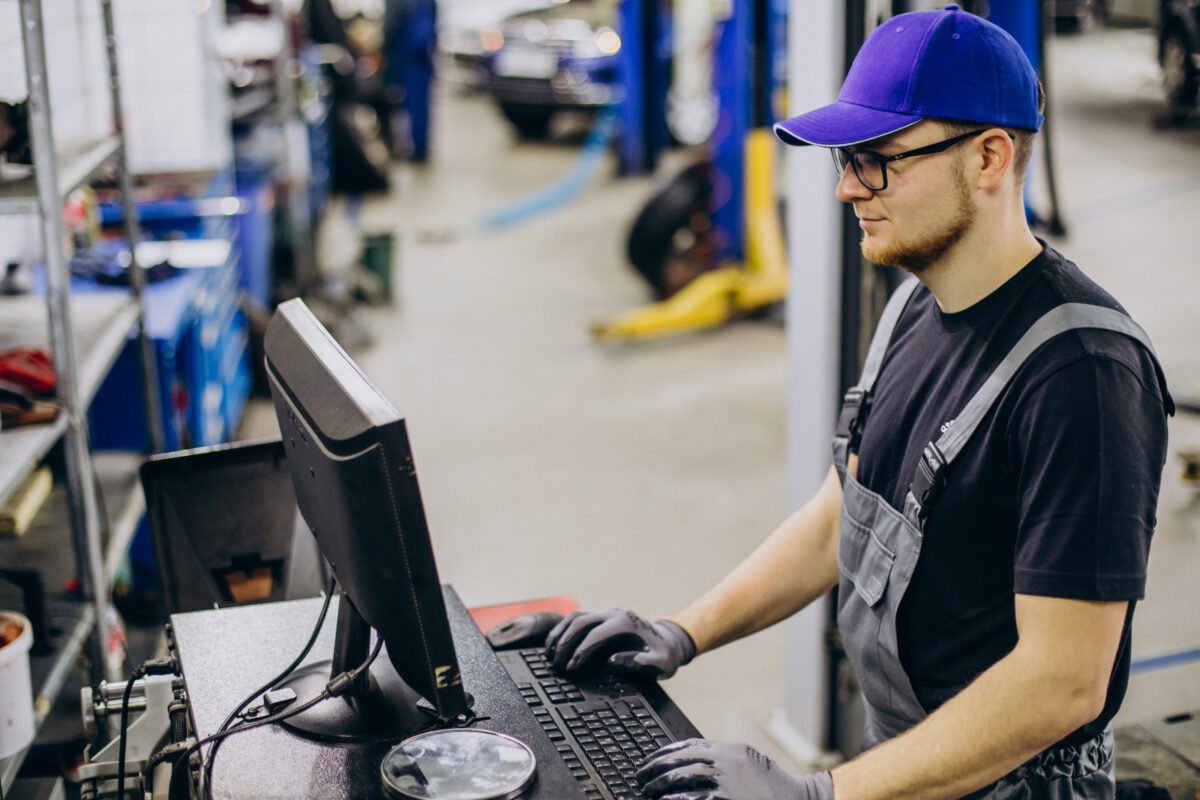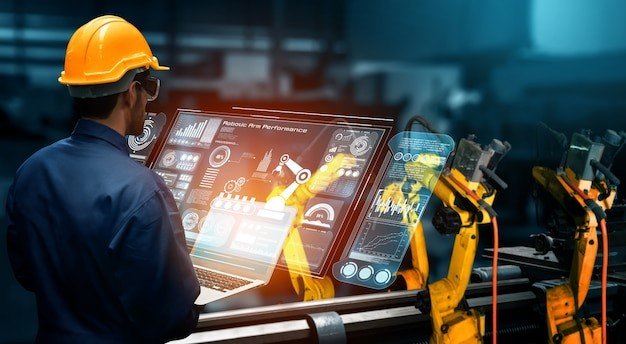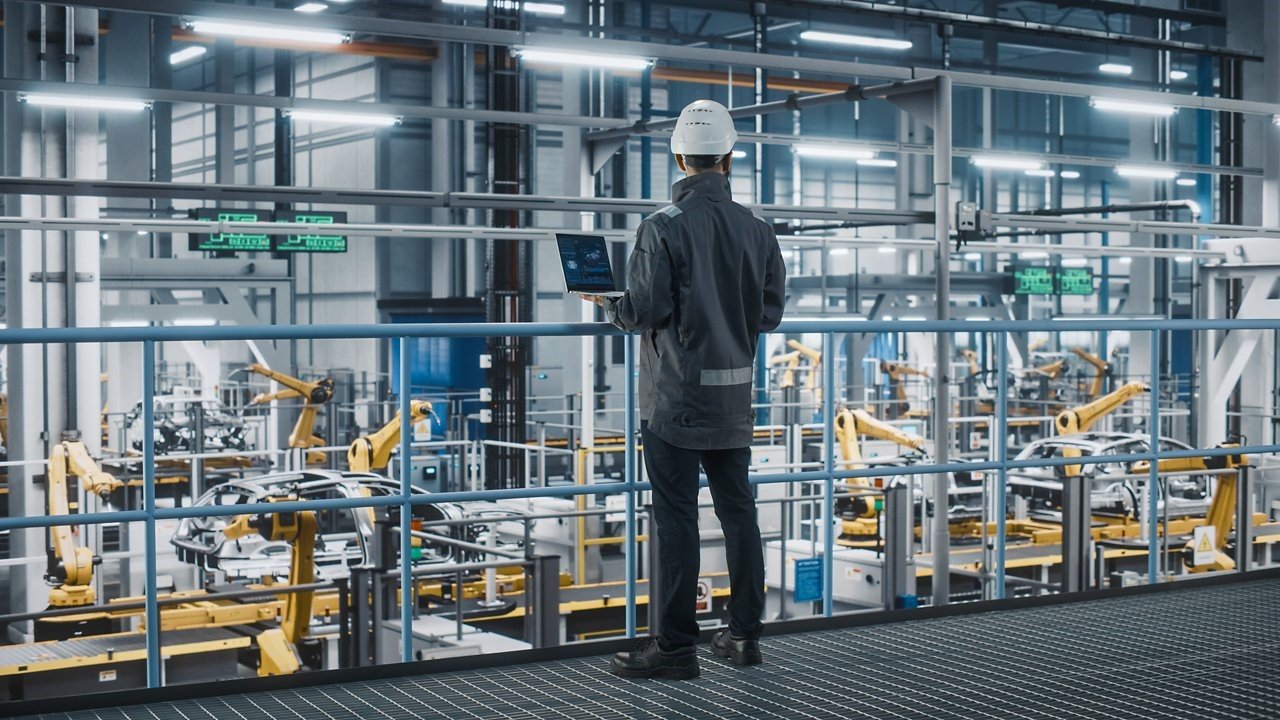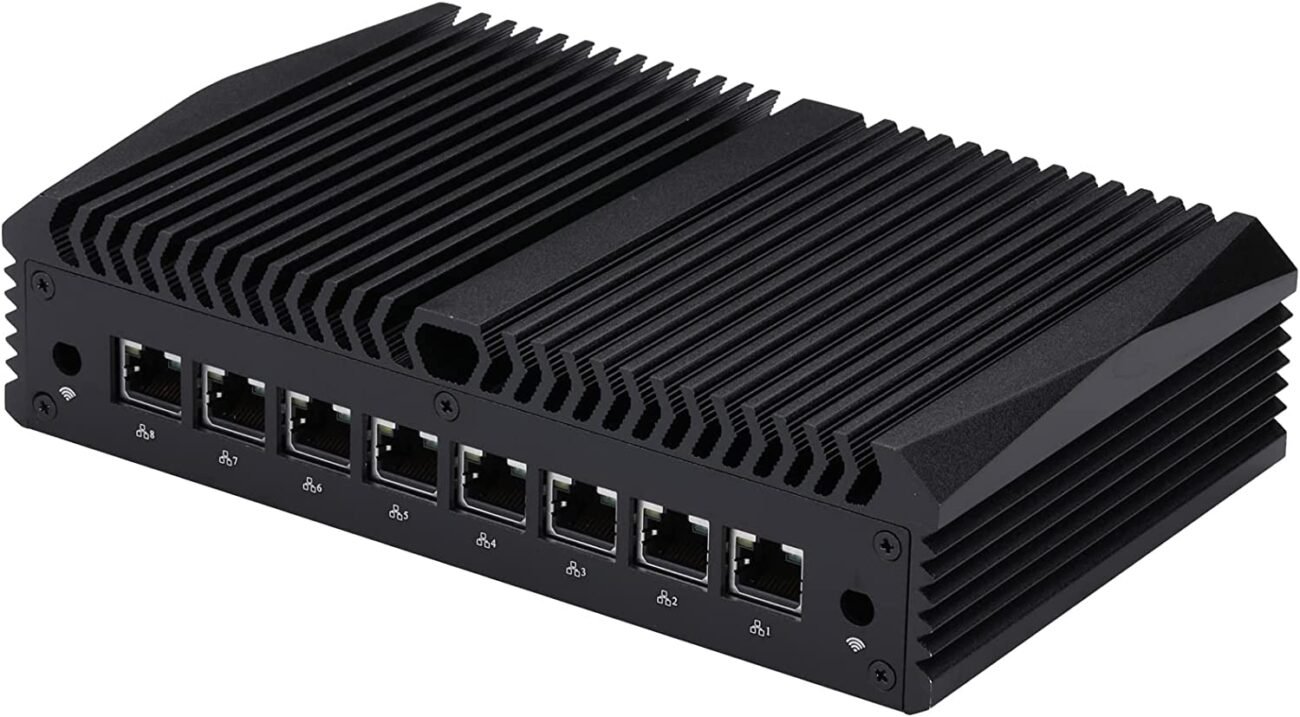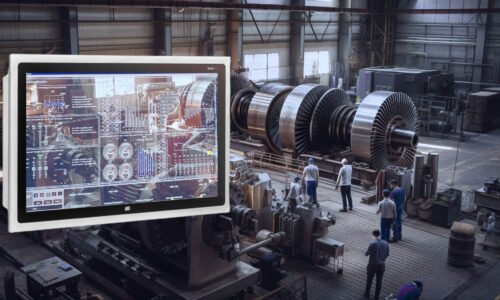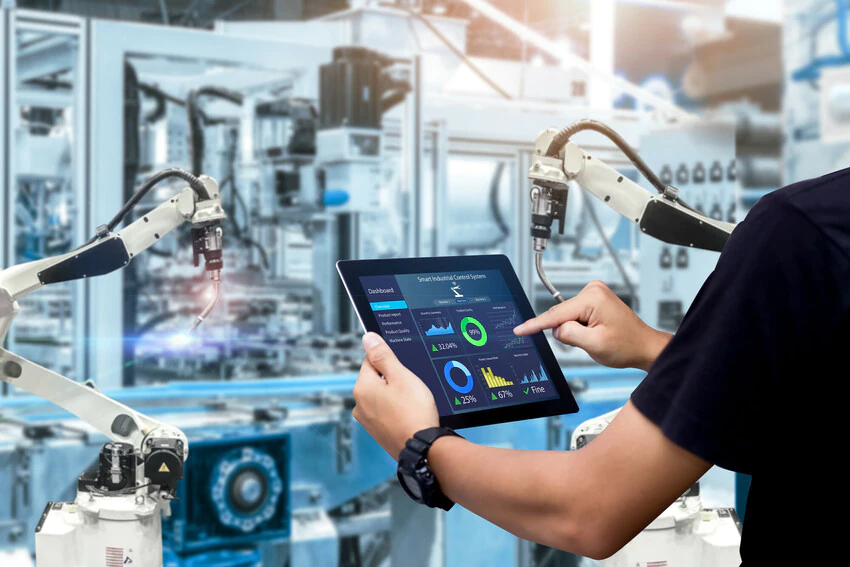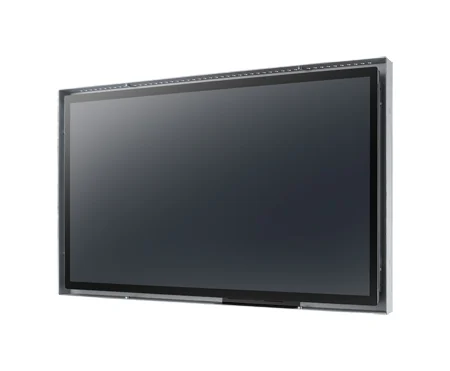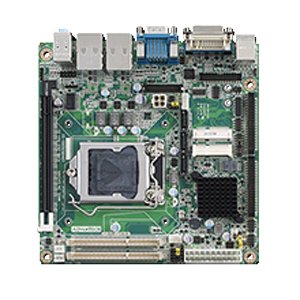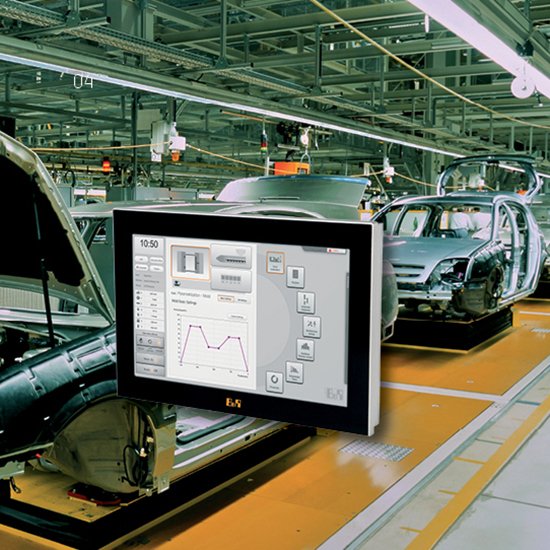Introduction: In today’s technology-driven world, industries are constantly seeking efficient and reliable solutions to streamline their operations. Panel PCs, also known as industrial panel computers, have emerged as a popular choice for industrial applications across various sectors. These rugged and versatile devices offer numerous advantages over traditional computers, making them a perfect fit for industrial environments. In this article, we will explore eight compelling reasons why panel PCs are the ideal solution for industrial applications.
1. Durability and Ruggedness: Industrial environments are known for their harsh conditions, including extreme temperatures, vibrations, dust, and moisture. Panel PCs are specifically designed to withstand these challenges. They are built with rugged components, sealed enclosures, and fanless cooling systems, ensuring reliable operation in demanding environments. This durability translates to a longer lifespan, reducing maintenance costs and downtime.
2. Space Efficiency: Industrial spaces are often limited, requiring compact and space-saving solutions. Panel PCs integrate a computer system and a display into a single unit, eliminating the need for separate components such as desktop towers or monitors. This compact design allows for efficient use of space, making panel PCs an excellent choice for environments with space constraints.
3. Touchscreen Interface: Panel PCs are equipped with touchscreen interfaces, enabling intuitive and user-friendly interaction. This feature is particularly valuable in industrial applications where operators may be wearing gloves or need to quickly access information. The touchscreen interface enhances productivity, simplifies operation, and reduces the learning curve for new users.
4. Customization Options: Different industries have unique requirements and specific operational needs. Panel PCs offer a high degree of customization to adapt to these diverse demands. They can be tailored with various processor options, RAM capacities, storage configurations, and connectivity ports. Additionally, panel PCs can be integrated with industry-specific software and peripherals, ensuring seamless integration into existing systems.
5. Versatility: Panel PCs are versatile devices that can be deployed across a wide range of industrial applications. Whether it’s process automation, machine control, data acquisition, or monitoring systems, panel PCs can handle diverse tasks. Their compatibility with different operating systems, such as Windows, Linux, or Android, further enhances their flexibility, making them suitable for various industrial environments.
6. Connectivity and Expansion Options: Industrial operations often require extensive connectivity to interface with a multitude of devices, sensors, and networks. Panel PCs offer a wide array of connectivity options, including Ethernet, USB, serial ports, and wireless connectivity (Wi-Fi and Bluetooth). These connectivity features facilitate seamless integration with existing infrastructure and enable data exchange in real-time. Moreover, panel PCs provide expansion slots for additional peripherals or expansion cards, allowing for future scalability and adaptability.
7. Enhanced Data Security: Industrial applications often involve sensitive data, making security a paramount concern. Panel PCs incorporate robust security features to safeguard critical information. They offer encryption mechanisms, secure boot options, and advanced password protection. Additionally, panel PCs can be equipped with RFID readers or biometric authentication, ensuring only authorized personnel have access to the system.
8. Easy Maintenance and Serviceability: In industrial environments, minimizing downtime and simplifying maintenance are crucial factors. Panel PCs are designed for easy maintenance and serviceability. Components such as storage drives, RAM modules, and fans can be easily accessed and replaced if needed. Furthermore, panel PCs often include remote management capabilities, allowing system administrators to monitor and troubleshoot devices from a central location, reducing maintenance costs and enhancing efficiency.
Conclusion: Panel PCs have revolutionized the industrial landscape by providing robust, space-efficient, and customizable computing solutions. Their durability, touchscreen interface, versatility, and connectivity options make them an ideal choice for industrial applications. With enhanced data security, easy maintenance, and a wide range of customization options, panel PCs offer an efficient and reliable solution to optimize industrial operations.



